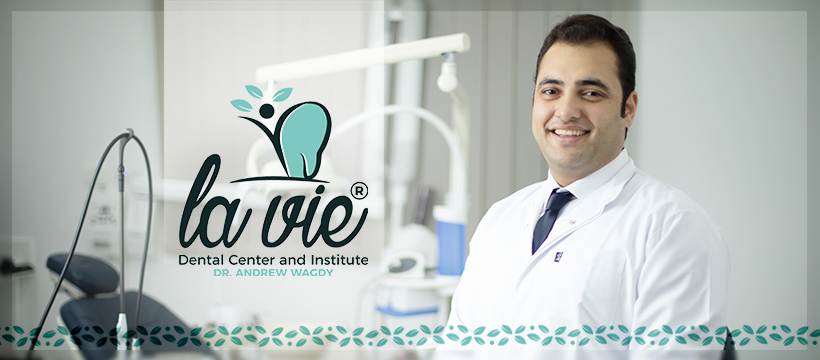
🔍 What is Gingivitis?
Gingivitis is inflammation of the tissues surrounding the teeth, usually caused by plaque buildup (a sticky film of bacteria) on the teeth. It is considered one of the early stages of gum disease, and if left untreated, it can lead to more serious issues such as gum recession or tooth loss.
❓What Causes It?
Bacterial buildup: When plaque accumulates on the teeth due to poor brushing habits, bacteria grow and cause inflammation.
Poor oral hygiene: Not brushing your teeth twice a day or not using dental floss regularly allows plaque to build up.
Smoking: Smoking increases the risk of gingivitis because it weakens the gum’s ability to heal.
Pregnancy: Hormonal changes during pregnancy can increase the likelihood of developing gingivitis.
Medications: Some medications can cause dry mouth or other effects that contribute to gum inflammation.
⚠️ What Are the Symptoms?
Bleeding gums: Your gums may bleed when brushing or flossing.
Redness and swelling: The gums appear red and swollen.
Bad breath: Gum inflammation can cause unpleasant mouth odor.
Mild gum pain: A feeling of discomfort or pain, especially when cleaning your teeth.
🩺 How Do You Know If You Have Gingivitis?
If you notice bleeding gums while brushing or feel pain or swelling in your gums, you should visit a dentist. The dentist will examine your gums and determine whether you have gingivitis.
💡 How to Treat Gingivitis?
Good oral hygiene: The first step is to brush your teeth twice daily using fluoride toothpaste.
Use dental floss: This helps remove plaque between the teeth.
Visit the dentist: Your dentist can professionally clean your teeth to remove plaque and tartar in hard-to-reach areas.
Medical treatment: In some cases, your dentist may recommend antibacterial mouthwash to reduce inflammation.
🕒 When Should You See a Dentist?
If you notice persistent bleeding or other symptoms like swollen gums or bad breath, visit your dentist as soon as possible to prevent the problem from worsening.
🧑⚕️ What to Expect at the Dentist?
The dentist will carefully examine your gums and overall oral health. Sometimes, they will perform a professional cleaning or recommend a specific mouthwash.
✅ How to Prepare for Your Visit:
Try to be ready with information about the bleeding—whether it's constant or occurred suddenly. This will help your dentist identify the cause and suggest the right treatment.


